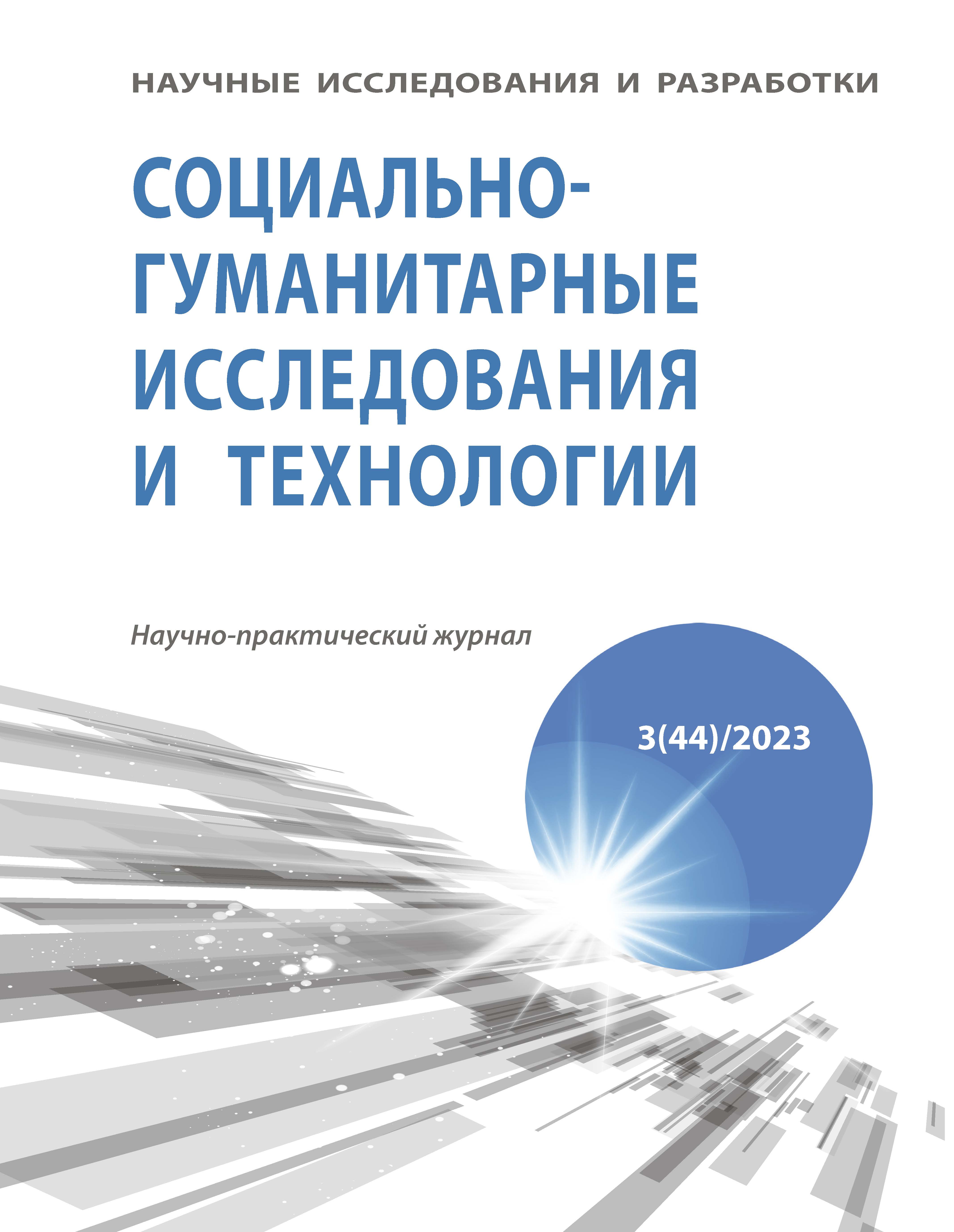Educational and Methodological Center (Department of Methodological Support of Educational Activities, Head)
Russian Federation
The article is devoted to the study of understanding the connections between the emotional development of a teacher and his professional identity. Twenty teachers of the first year of professional activity took part in a survey in order to identify an understanding of emotions that arise during professional activity, as well as how these emotions help them develop their professional identity. As a result of the study, a model of professional identity was obtained, which reflects the teachers' perception of themselves in connection with various emotional events. This model includes three key indicators: the initial orientation of the teacher's beliefs in understanding himself as a professional, the experience of pleasant/unpleasant emotional events, and the adjustment of identity. All participants demonstrated the role of emotional events in the development of their professional identity, and also suggested the need to use the data obtained in the professional training of future teachers.
professional identity, emotions, emotional situations, emotional labour.
1. Devyatova I.E. Rol' sub'ektnosti v professional'noy identichnosti pedagoga https://cyberleninka.ru/article/n/rol-subektnosti-v-professionalnoy-identichnosti-pedagoga
2. Burić, I., & Frenzel, A. C. (2019). Teacher anger: New empirical insights using a multi-method approach.Teaching and Teacher Education,86, 102895.
3. Chen, J. (2016). Understanding teacher emotions: The development of a teacher emotion inventory. Teach-ing and Teacher Education, 55, 68-77.
4. Chen, J. (2021). Refining the teacher emotion model: Evidence from a review of literature published between 1985 and 2019. Cambridge J. Edu. 51, 327-357.
5. Frenzel, A. C., Goetz, T., Ludtke, O., Pekrun, R., & Sutton, R. E. (2009a). Emotional transmission in the classroom: Exploring the relationship between teacher and student enjoyment. Journal of Educational Psychology, 101(3), 705-716.
6. Frenzel, A. C., Goetz, T., Stephens, E. J., & Jacob, B. (2009b). Antecedents and effects of teachers’ emo-tional experiences: An integrated perspective and empirical test. In P. A. Schutz & M. Zembylas (Eds.), Advances in teacher emotion research: The impact on teachers’ lives (pp. 129-152). Springer.
7. Frenzel, A. C., Pekrun, R., & Goetz, T. (2010). Achievement emotions questionnaire for teachers (AEQ-teacher)-user’s manual. Department of Psychology, University of Munich.
8. Frenzel, A. C., Pekrun, R., Gostz, T., Daniels, L. M., Durksen, T. L., Becker-Kurz, B., et al. (2016). Measuring Teachers’ enjoyment, anger, andanxiety: the Teacher Emotions Scales (TES). Contemp. Educ. Psychol. 46,148-163.
9. Fried, L., Mansfield, C. & Dobozy, E. (2015). Teacher emotion research: Introducing a conceptual model to guide future research. Issues in Educational Research, 25(4), 415-441. http://www.iier.org.au/iier25/fried.html
10. Hargrives, Andy. Os Professores em Tempos de Mudanca. Alfragide: McGraw-Hill, 1998.
11. Huang J and Yip JWC (2021) Understanding ESL Teachers’ Agency in Their Early Years of Professional Development: A Three-Layered Triadic Reciprocity Framework. Front. Psychol.
12. Izard, C. E. (2010). The many meanings/aspects of emotion: Definitions, functions, activation, and regulation. Emotion Review, 2, 363-370.
13. Keller, M. M., Chang, M. L., Becker, E. S., Goetz, T., and Frenzel, A. C. (2014). Teachers’ emotional experiences and exhaustion as predictors of emotional labor in the classroom: an experience sampling study. Front. Psychol. 5, 1-10.
14. Marie-Claire Lemarchand-Chauvin, Claire Tardieu Teachers’Emotions and ProfessionalIdentity Development: Implications for Second Language Teacher Education. Juan de Dios Martinez Agudo.
15. Olsen, B. (2011). “I am large, I contain multitudes: teacher identity as a useful frame for research, practice and diversity in teacher education,” in Studying Diversity in Teacher Education, eds A. F. Ball, and C. A. Tyson (Lanham, MD: Rowman & Littlefield), 257-273.
16. Pillen M, Douwe Beijaard & Perry den Brok, Teachers and Teaching (2013): Professional identity tensions of beginning teachers, Teachers and Teaching: Theory and Practice.
17. Ryan, K. (1986). The induction of new teachers. Bloomington, IN: Phi Delta Kappa Educational Foundation.
18. Schutz, P. A., & Lenehart, S. J. (2002). Emotions in education. Educational Psychologist,37(2), 67-78.
19. Sutton, R. E., & Wheatley, K. (2003). Teachers ‘emotions and teaching: A review of the literatureand directions for future research. Educational Psychology Review, 15, 327-358.
20. Zembylas, M. (2003). Emotions and Teacher Identity: A poststructural perspective. Teachers and Teaching, 9(3), 213-238.






